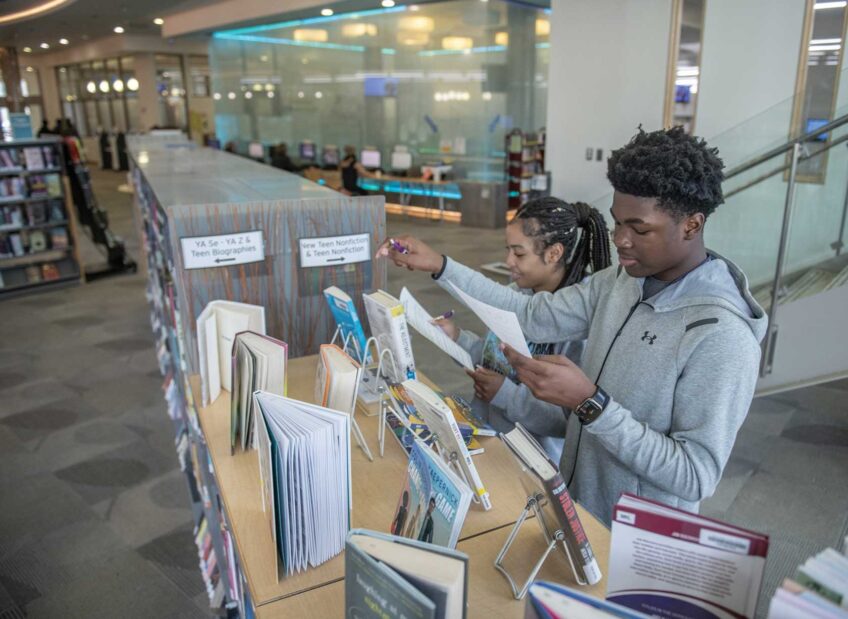‘Common good’ needs investment of the state and all of its people
The conventional political wisdom that the Commonwealth’s taxpayers will not stand for a reasonable increase in the personal income tax to invest in Massachusetts’ future is wrong.
As shown by a diverse and burgeoning chorus of voices from around the state, the people of Massachusetts understand that the embrace of greater revenues must happen and cannot be half-hearted. An alternative plan that supports limited growth but kicks the rest of that badly dented can down the road is no alternative at all.
The argument for sufficient and sustainable investment in the systems we know have a preventative effect on crime, spur job creation, increase our competitive advantage in innovation and enable our residents to move safely throughout the state is a strong one.
When placed in the context of $11.5 billion dollars of budget cuts over the preceding six years, such investment is both wise and timely.
Unfortunately, the din created by the mere mention of raising taxes effectively drowns out substantive discussion about what specifically is being proposed and why. Too often, the easy “point-counterpoint” story gets the most coverage. Sensible dialogue about taxes is not enhanced when the same groups and individuals offer predictable (and intractable) opposition and never workable alternatives. Regardless of real or perceived political risk, the Legislature has an obligation to act as a collective to ensure the safety and quality of the Commonwealth’s future.
Even if some voters disagree with the results of that action, all voters understand the importance of elected representatives working in good faith to advance statewide interests.
When Gov. Deval Patrick, quoting Oliver Wendell Holmes, refers to taxes as “the price of civilization,” it is not just rhetoric. In contrast to other forms of government, our democracy’s uniqueness derives from how it consistently balances individual good against the common good.
As the preamble to the Constitution makes clear, it also imposes upon the governed an almost fiduciary duty to advance the common good. That is no small thing. The common good is supported by the common wealth, mostly in the form of taxes.
Neither democracy nor the individual opportunities for success that we so closely associate with it are self-sustaining. In other words, individual good and the common good are symbiotic, not mutually exclusive.
There has been an unprecedented effort over the last two decades to elevate the individual good at the expense of the common good. One unfortunate result among many is that we have fallen far behind other, less prosperous, less democratic countries that made such investments years ago and are now reaping the benefits of that foresight.
Indeed, the quality of our democracy depends on our willingness as individuals to invest in the common good. Sustainable improvements to infrastructure, education, transportation and communication — the very purpose of Gov. Patrick’s budget — do just that.
Perhaps, when our existing transportation system is virtually inoperable, our roads and bridges impassable and the advances we have made in education fade away while job growth grinds to a halt, there will finally be a “good” time for individual lawmakers to vote to raise taxes. By that time, however, it will be too late.
Andrea Cabral is the Massachusetts Secretary Of Public Safety.






